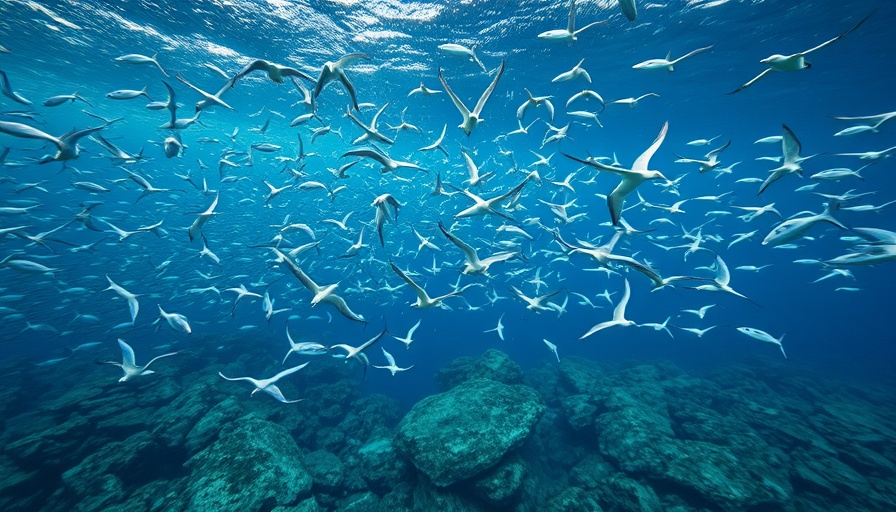
Global Unity at the UN Ocean Summit: A Formidable Commitment
The recently concluded Third UN Ocean Conference, co-hosted by France and Costa Rica in Nice, has made waves in the realm of international collaboration, with over 15,000 participants, including 60 Heads of State. This significant summit, dubbed UNOC3, heralds a new era of commitment towards the protection and sustainable management of the oceans.
The Nice Ocean Action Plan: What’s Inside?
Adopted by consensus, the Nice Ocean Action Plan marks a pivotal milestone in global ocean governance. It is essentially a two-part framework comprising a sweeping political declaration and more than 800 voluntary commitments made by governments, scientists, and civil society participants since the last conference. The goals span various crucial issues, including enhanced marine protection, pollution control, and the regulation of high seas, utterly vital for nations on Africa’s coastline.
Africa’s Critical Role in Ocean Conservation
Africa, home to extensive marine biodiversity and vital coastal economies, has a lot at stake in these discussions. The commitment to accelerate financing for vulnerable coastal and island states underscores the importance of international cooperation in these regions. Beyond just preserving resources, fostering a sustainable ocean economy is a lifeline for African nations, enhancing food security and creating jobs across the continent.
Implications for Africa’s Foreign Relations and Economy
As issues like climate change increasingly enter diplomatic conversations, Africa's involvement in initiatives like the Nice summit signifies a shift in global geopolitical dynamics. With emerging partnerships, from climate financing initiatives with the EU to marine research collaborations with China, this could transform Africa's economic landscape. The commitments made at the UN Ocean Conference could strengthen Africa’s position in global trade and governance discussions by demonstrating leadership in ocean stewardship.
The Path Ahead: Challenges and Opportunities
While excitement abounds about the declarations made at UNOC3, the real test lies ahead in implementation. African nations must channel this momentum into tangible actions that integrate local communities in conservation efforts. Moreover, financing mechanisms must be established to ensure that commitments are met. This is where other stakeholders, including businesses and international investors, can step in by exploring sustainable investment opportunities in the marine economy.
Navigating Forward: Call to Action
As a business leader or policymaker, consider how your decisions can align with these global commitments to bolster Africa's marine resources. Join in the conversation about financing and promoting sustainable practices. Together, we can ensure that Africa's coasts thrive for generations to come.
 Add Row
Add Row  Add
Add 


 Add Row
Add Row  Add
Add 

Write A Comment